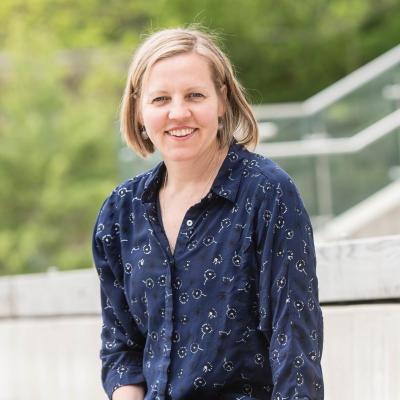
Research topic
Research Description
The focus of this participatory action research is to examine the social construction of physical activity with expectant and new parents with a specific focus on the role fathers play in supporting leisure time physical activity. Evidence of the numerous physical, emotional, social, and psychological benefits of physical activity for expectant and new parents is mounting. This is particularly relevant for individuals that are highly marginalized by poverty, racism, and trauma – who are known to have a greater risk of anxiety, depression, and low self-esteem. There has been a limited number of successful interventions for increasing pregnant and postpartum women’s leisure time physical activity and even fewer attempts to tailor interventions for vulnerable expectant and new mothers. Researchers have demonstrated that partner approval and support of physical activity is especially important for mothers in establishing intentions to be active. Despite this finding, intervention efforts have largely focused on women and less attention has been paid to the role of fathers’ perceptions of, and engagement, in leisure time physical activity and the impact on female partners. Expectant and new fathers, particularly those who are already marginalized, may experience further isolation, anxiety, and feelings of inadequacy. This may be a particularly crucial time to create supports for father involvement in leisure time physical activity that will, in turn, support their female partners. My research aims to understand how leisure time physical activity is influenced by prevailing gender and socio-cultural norms in order to find solutions to enhance social inclusion and positive social interactions for parents through participation in physical activity in the context of the Downtown Eastside of Vancouver.
Why did you decide to pursue a postdoctoral fellowship at UBC? Did you consider other opportunities?
Pursuing postdoctoral work at UBC has been an absolute highlight in my academic life. The opportunity to work with global leaders in health equity research and to live in beautiful Vancouver has been amazing! I was extremely fortunate to work with Drs. Colleen Varcoe and Annette Browne in the Critical Research in Health and Healthcare Inequities group for 2 years (with a MSFHR and Killam Postdoctoral Fellowship). The Banting fellowship supports my shift to work in the Men’s Health Research Program at UBC – under the mentorship of Dr. John Oliffe, a top gender researcher in Canada. Working with Dr. Oliffe offers an exciting academic environment that will greatly enhance my growth as a sex and gender scholar.
What advice do you have for new postdoctoral fellows?
Pursue something you are passionate about and seek out supervisors that will support you in reaching your goals and have some fun while doing it!
What do you like to do for fun?
I enjoy running through the fabulous trails and paths in Vancouver and drinking copious amounts of coffee to keep up with my two young daughters!
What is the most enjoyable aspect of your postdoctoral fellowship?
Having the support to pursue work that is directed by community members in the Downtown Eastside of Vancouver and working with pregnant women and mothers! I feel so grateful to continue doing work I love!
What are the biggest challenges you have faced, or anticipate facing, in your career?
The biggest challenge is achieving balance between work and family life (with an 18 month and 3 year old)! I have been fortunate to have some great role models and mentors.
What does receiving this award mean for your career?
Receiving a Banting Fellowship is such a privilege that allows me to focus on my research. It has enabled me to stay at UBC for 2 more years, work with experts in the field, create on-going community partnerships and learn about the resiliency of individuals living on the DTES of Vancouver.